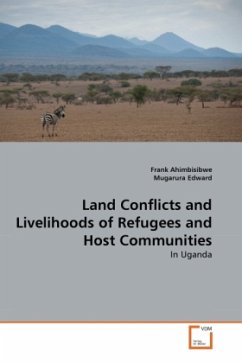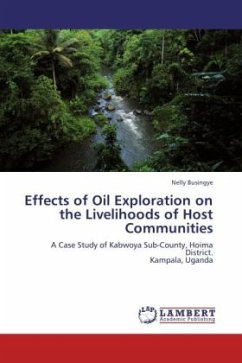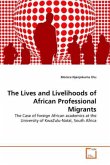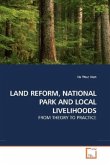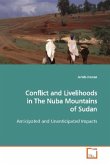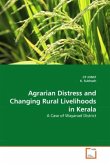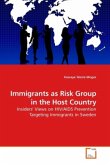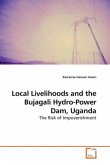This book is an outcome of a study that was carried out on refugees and host communities in Isingiro District, South Western Uganda. The study specifically assesses the causes of land conflicts between refugees and the host communities and the sources of their livelihoods. The book explores the effects of land conflicts on livelihoods and analyses the interventions towards resolving the land conflicts and improving livelihoods. The analysis reveals that land conflicts are very rampant between refugees and host communities caused by a number of factors. These land conflicts have affected refugees-host communities' livelihoods. Despite the interventions by the Uganda Government and humanitarian agencies, land conflicts are far from being resolved. This empirical study serves as a basis for policy formulation and change as well as programme design and intervention. Insights from this book are relevant to governments especially those hosting refugees, humanitarian agencies, NGOs and other organisations dealing with refugees. It also provides useful guidelines and information to forced migration and refugee studies researchers, students, donor agencies, and policy makers.
Bitte wählen Sie Ihr Anliegen aus.
Rechnungen
Retourenschein anfordern
Bestellstatus
Storno

